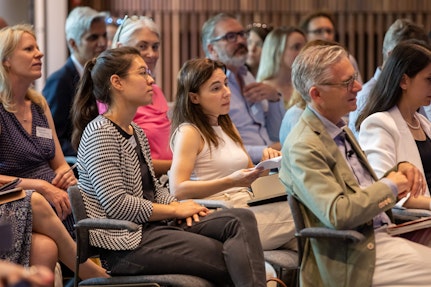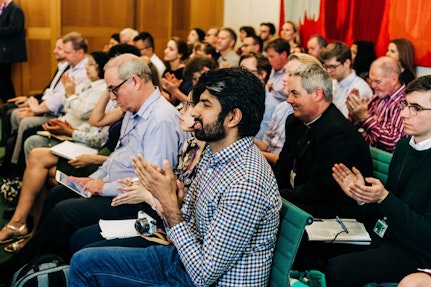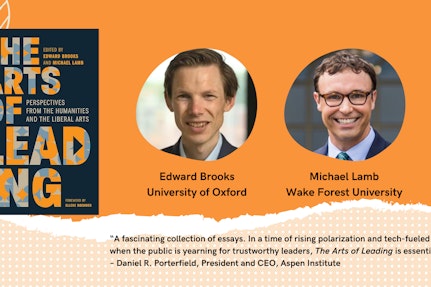
Research overview
The language of ‘leadership’, while ubiquitous, is dominated by discourses in business and politics, which tend to focus on instrumental skills more than virtues of character. With many calls for leadership to be re-imagined from a hierarchical paradigm of command and control to a ‘human’ person-centred approach emphasizing connection and collaboration, how might research in the humanities enable us to understand what good leadership is and how it is practised? The Arts of Leading research project seeks to promote a wide-ranging discussion of character and leadership grounded in the study of the humanities.
Taking leadership as a fundamentally human category and making personal formation and human flourishing central to our discussion, we are seeking to draw diverse perspectives into a conversation that explores the relationship between ideals of effective leadership and questions concerning who we are and who we aspire to become. Our discussion has seen us turn to narratives of leaders and leadership in different contexts and included themes such as solitude, friendship, gratitude, trust, humility, practical wisdom, and biography. We have been seeking to learn from literature, poetry, film, music, portraiture, philosophy, and theology in conjunction with the more typical leadership discourses of business and politics.

The Arts of Leading Conference 2019
In February 2019, we joined with Wake Forest University to co-host a conference titled The Arts of Leading: Perspectives from the Humanities and Liberal Arts. The conference brought together distinguished scholars from the arts and humanities to explore new ways of understanding the theory and practice of leadership. We continued to work together on the Arts of Leading book, which was published in 2024.

The Arts of Leading Seminar Series
In Oxford, we have partnered with TORCH (The Oxford Research Centre in the Humanities) to host a series of Arts of Leading seminars with contributors from philosophy, history, fine art, theology, and classics. We have also collaborated with the "Engaging with the Humanities" programme at the Saïd Business School to host events with Ian Kaier on “The sound of silence: reading a monochrome” and Dominic Scott on “Models of leadership in Plato.”

The Arts of Leading book
Edited by Prof Edward Brooks (University of Oxford) and Prof Michael Lamb (Wake Forest University), The Arts of Leading book highlights how the arts and humanities can deepen our understanding of leadership. It presents a series of essays to showcase a rich tapestry of diverse and nuanced perspectives, drawing on insights from eminent scholars in the classics, philosophy, religion, literature, history, art, music, and theatre.